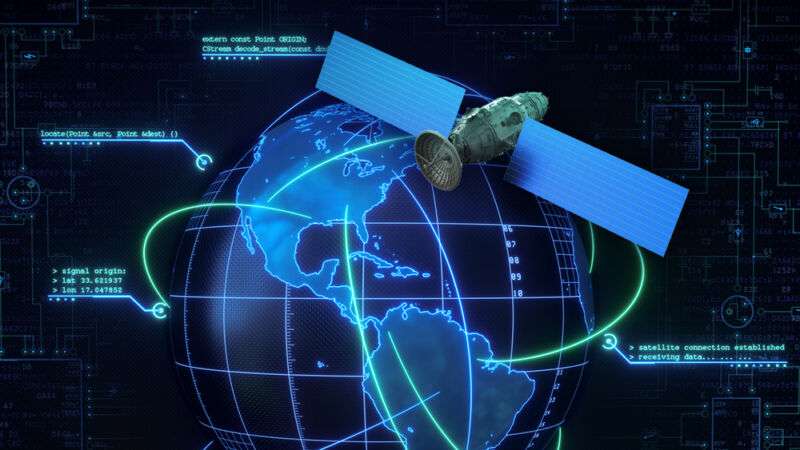
Insecure satellite Internet is threatening ship and plane safety
Attacks that worked 10 years ago have only gotten worse despite growing use. …
 reader comments
reader comments
36 with 30 posters participating, including story author
More than a decade has passed since researchers demonstrated serious privacy and and security holes in satellite-based Internet services. The weaknesses allowed attackers to snoop on and sometimes tamper with data received by millions of users thousands of miles away. You might expect that in 2020—as satellite Internet has grown more popular—providers would have fixed those shortcomings, but you’d be wrong.
In a briefing delivered on Wednesday at the Black Hat security conference online, researcher and Oxford Ph.D. candidate James Pavur presented findings that show that satellite-based Internet is putting millions of people at risk, despite providers adopting new technologies that are supposed to be more advanced.
Over the course of several years, he has used his vantage point in mainland Europe to intercept the signals of 18 satellites beaming Internet data to people, ships, and planes in a 100 million-square-kilometer swath that stretches from the United States, Caribbean, China, and India. What he found is concerning. A small sampling of the things he observed include:
- A Chinese airliner receiving unencrypted navigational information and other avionics data. Equally worrisome, that data came from the same connection passengers used to send email and browse webpages, raising the possibility of hacks from passengers.
- A system administrator logging into a wind turbine in southern France, some 600 kilometers away from Pavur, and in the process exposing a session cookie used for authentication.
- The interception of communications from an Egyptian oil tanker reporting a malfunctioning alternator as the vessel entered a port in Tunisia.
Continue reading – Article source
Similar Posts:




